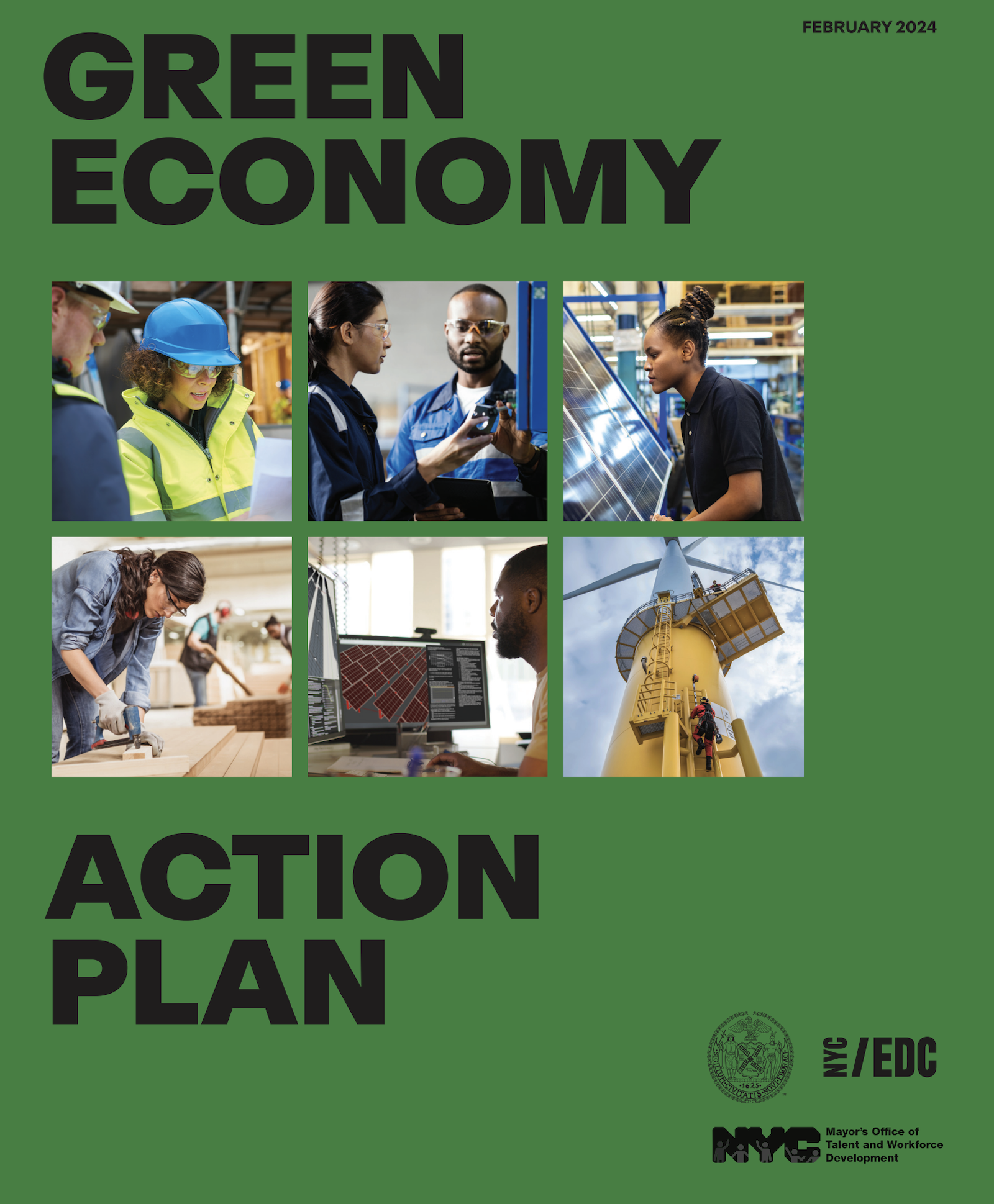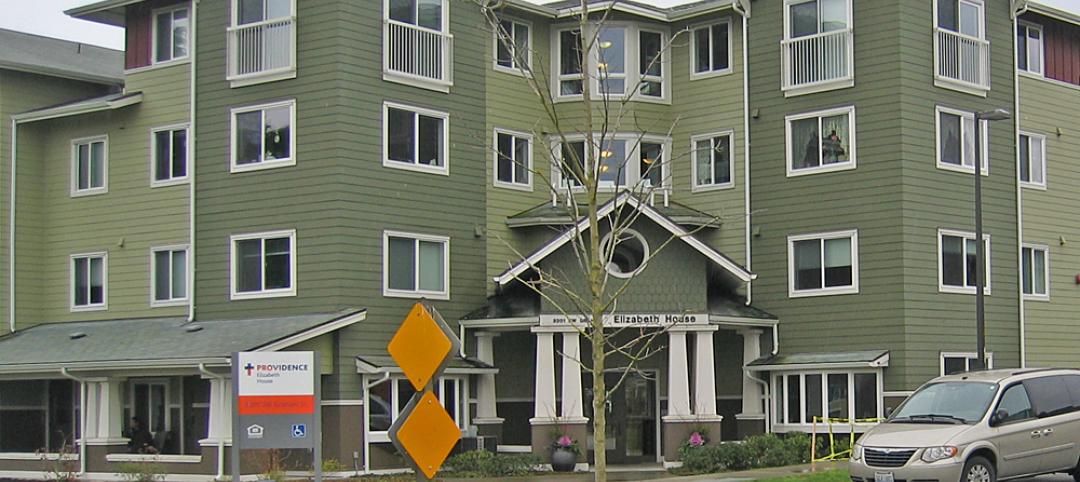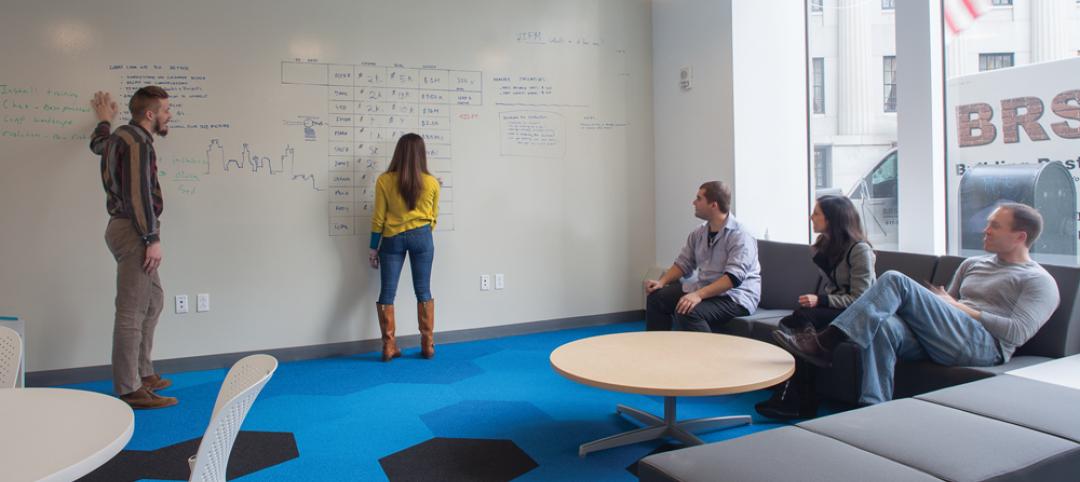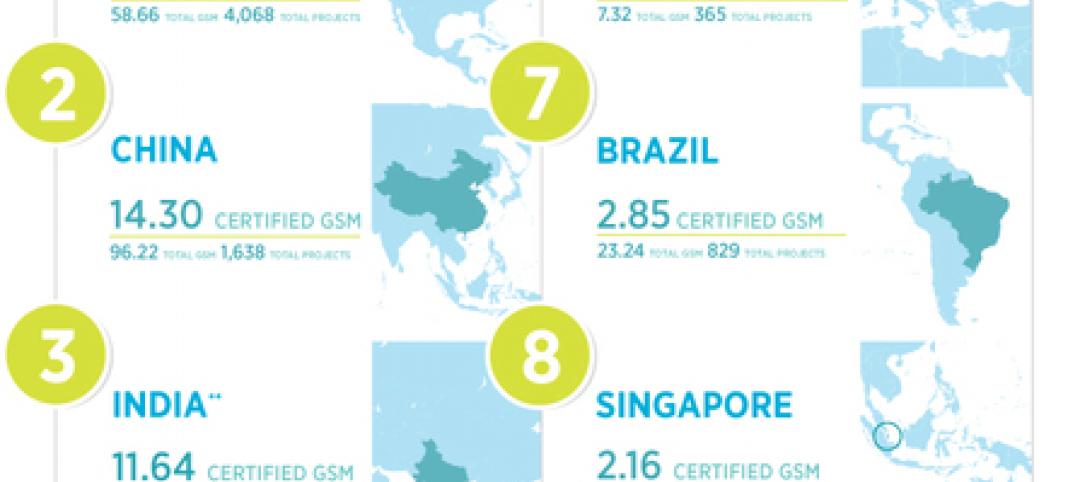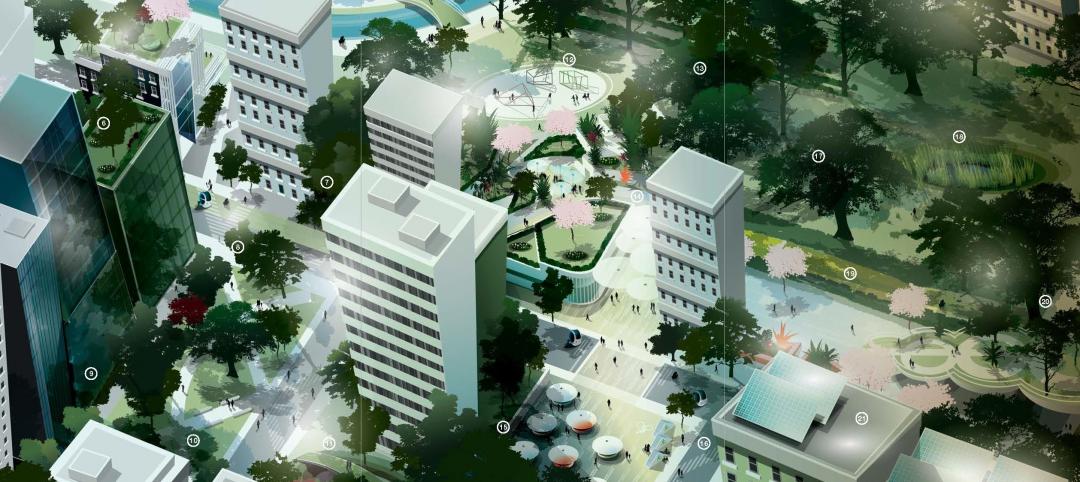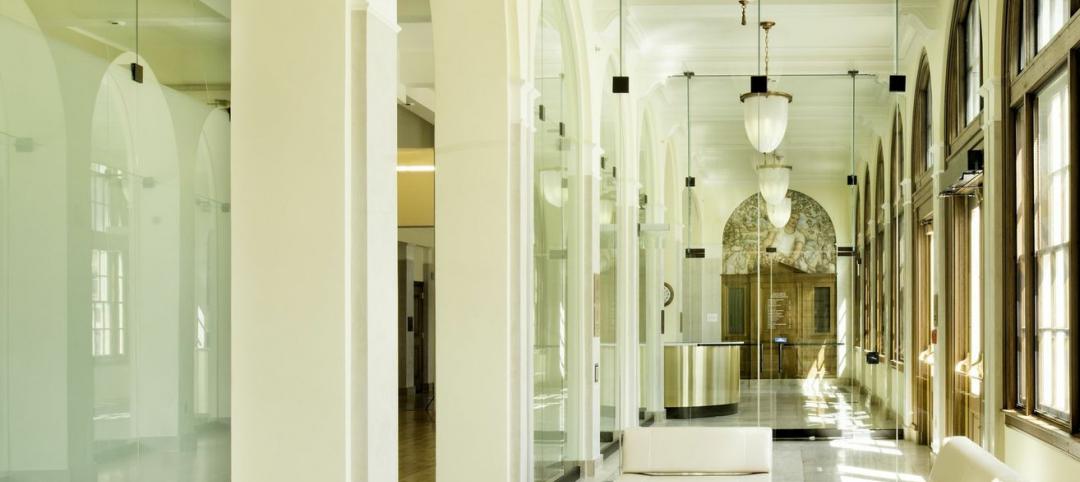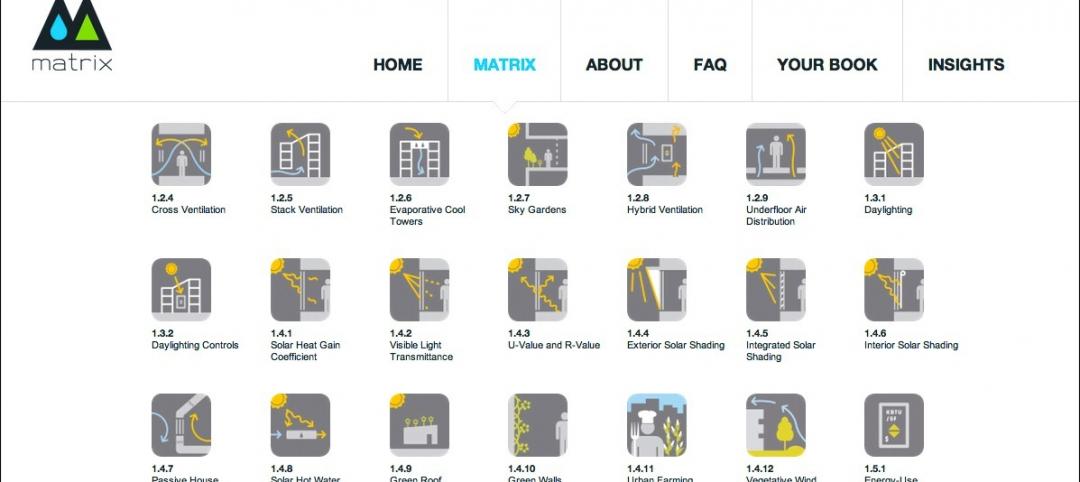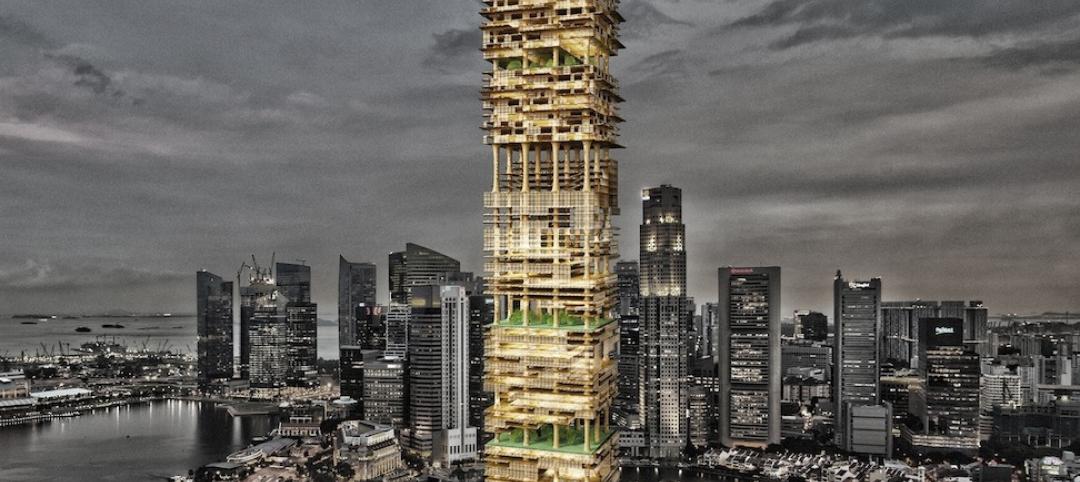New York City’s recently revealed Green Economy Action Plan includes the goals of the decarbonization of buildings and developing a renewable energy system. (Download the PDF report.)
The ambitious plan includes enabling low-carbon alternatives in the transportation sector and boosting green industries, aiming to create more than 12,000 green economy apprenticeships by 2040. It also funds a $100 million Climate Innovation Hub at the Brooklyn Army Terminal to develop green technology startups and businesses.
The plan will advance building resiliency projects, apartment building retrofits, solar panel and wind turbine installation, and deployment of EV charging stations.
New York City’s Industrial Development Agency will offer tax incentives to activate 500 Megawatts (MW) of battery storage capacity and support other green economy goals.
The plan was driven by quantitative industry analysis and input collected by Buro Happold from more than 100 stakeholders and partners.
Here are highlights of the plan:
Establishing a Climate Innovation Hub: NYCEDC will invest up to $100 million to develop a Climate Innovation Hub at the Brooklyn Army Terminal. This new space will accelerate commercialization pathways for climate tech startups and other green economy businesses. It will serve 150 startups over 10 years — generating $2.6 billion in economic impact and creating 600 jobs — while providing local workforce training and job placement, particularly for the local Sunset Park community.
Creating Green Training Facilities in Every Borough: NYCTalent — in partnership with other city agencies, as well as private partners — will develop a workforce training facility in every borough with programming to train New Yorkers for green-collar jobs. The plan will deliver more than 12,000 green economy apprenticeships by 2040 through efforts such as a green building and construction workforce pilot program on Governors Island to train more than 100 people per year for the first two years.
Activating a Harbor Climate Collaborative: The Brooklyn Navy Yard, NYCEDC, and the Trust for Governors Island are collectively investing $725 million to build a green economy ecosystem across 6-million-square-feet and 72 acres linked by NYC Ferry across New York Harbor. The collaborative will catalyze climate education, research, innovation, commercialization, and workforce development alongside partners from the private and nonprofit sectors. This work will build on a strong foundation of green economy projects such as the 400,000-square-foot New York Climate Exchange, an academic and research consortium anchored by Stony Brook University on Governors Island, and the development of 5-million-square-feet of net-zero manufacturing space at the Brooklyn Navy Yard.
Activating Public Sites for Electric Vehicle (EV) Charging: NYCEDC is activating two acres of land near JFK airport to create the largest EV charging facility in the city, with 65 public EV chargers including 12 rapid ones. The facility is currently estimated to charge 1,000 vehicles per year, with potential for growth depending on market demand. The Brooklyn Navy Yard is also installing over 80 EV chargers across its 300-acre campus, including infrastructure for commercial fleet charging and a dedicated public lot for neighboring residents. Together, these investments constitute some of the largest investments in EV infrastructure in outer borough job centers in New York City to date.
Creating Tax Incentives for Battery Storage: NYCEDC will utilize New York City's Industrial Development Agency tax incentives to activate 500 Megawatts (MW) of battery storage capacity and support other green economy uses. To date, the Industrial Development Agency has induced 200MW of storage capacity that is expected to come online in the coming years and generated nearly $500 million of private sector investment. Unlocking additional storage capacity will ultimately drive a stronger and more efficient renewable energy sector.
Related Stories
| May 16, 2014
BoA, USGBC to offer $25,000 grants for green affordable housing projects
The Affordable Green Neighborhoods Grant Program will offer 14 grants to developers of affordable housing in North America who are committed to building sustainable communities through the LEED for Neighborhood Development program.
| May 15, 2014
Paints, coatings, and sealants: 10 new ways to seal the deal
Color-shifting finishes, dry-erase surfaces, and stain-blocking paints are highlighted in this round up of new offerings in paints, coatings, sealants, and finishes.
| May 13, 2014
Drexel University case study report: Green Globes cheaper, faster than LEED
GBI’s Green Globes certification process is significantly less expensive to conduct and faster to complete than LEED certification, says Drexel prof.
| May 12, 2014
10 highest-rated green hotels in the U.S.
The ARIA Sky Suites in Las Vegas and the Lenox Hotel in Boston are among the 10 most popular hotels (according to user reviews) to also achieve Platinum status in TripAdvisor's GreenLeaders program.
| May 2, 2014
Top 10 countries for LEED buildings outside the U.S.
The list of the top 10 countries for LEED reflects the global adaptability of the world’s most widely used and recognized system guiding the design, construction, operations and maintenance of green buildings.
Smart Buildings | Apr 28, 2014
Cities Alive: Arup report examines latest trends in urban green spaces
From vertical farming to glowing trees (yes, glowing trees), Arup engineers imagine the future of green infrastructure in cities across the world.
| Apr 23, 2014
Mean and Green: Top 10 green building projects for 2014 [slideshow]
The American Institute of Architects' Committee on the Environment has selected the top ten examples of sustainable architecture and ecological design projects that protect and enhance the environment. Projects range from a project for Portland's homeless to public parks to a LEED Platinum campus center.
| Mar 26, 2014
Callison launches sustainable design tool with 84 proven strategies
Hybrid ventilation, nighttime cooling, and fuel cell technology are among the dozens of sustainable design techniques profiled by Callison on its new website, Matrix.Callison.com.
| Mar 21, 2014
Forget wood skyscrapers - Check out these stunning bamboo high-rise concepts [slideshow]
The Singapore Bamboo Skyscraper competition invited design teams to explore the possibilities of using bamboo as the dominant material in a high-rise project for the Singapore skyline.
| Mar 19, 2014
Green Building Initiative Invited to White House Rural Council Event to Support Growth of Green Building, Jobs, and Rural Communities
Green Building Initiative (GBI) Vice President for National Affairs Erin Schaffer is participated in an event at the U.S. Department of Agriculture headquarters on Tuesday, March 18th, designed to highlight the Obama Administration’s commitment to promoting building construction projects that use green materials, while also supporting jobs in rural communities.


